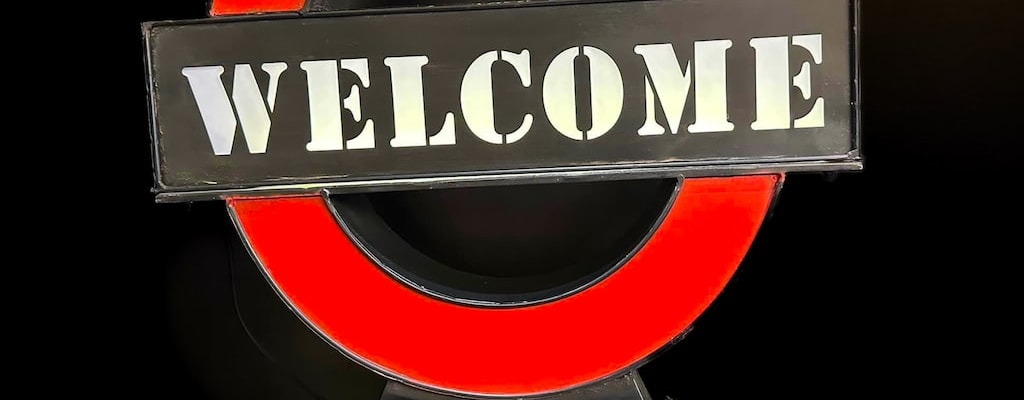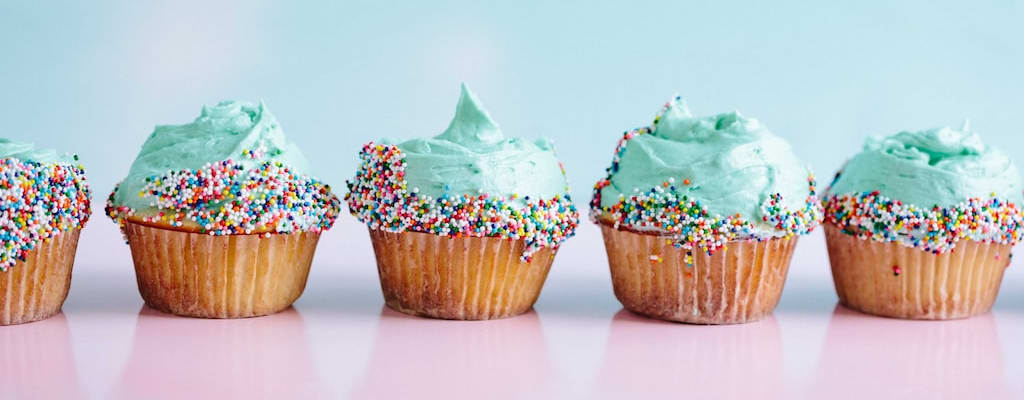many happy returns: Idiom Meaning and Origin
What does ‘many happy returns’ mean?
The idiom many happy returns is used to wish someone a happy birthday or to express hope that they will have many more happy birthdays in the future.

Idiom Explorer
The idiom "warm regards" is a polite and friendly way to express one's good wishes or greetings to someone. It emphasizes a genuine sense of warmth and sincerity in the interaction.
The idiom "see you later" is an informal way of saying goodbye or farewell to someone with the intention to meet again in the near future.
The idiom "say goodbye" means to part or separate from someone or something, often permanently. It implies a finality or ending to a relationship, situation, or opportunity.
The idiom "ripe old age" means reaching an advanced and mature stage in life, often referring to someone who has lived a long and fulfilling life.
The idiom "ripe old age" is used to describe someone who has reached an advanced age. The word "ripe" means fully mature or developed, while "old age" specifically refers to the later stage of life.
The idiom "ride off into the sunset" means to have a happy or satisfying ending or departure, often in a romantic or idealized way.
The idiom "return the favor" means to do something nice for someone in response to them doing something nice for you.
The idiom "over the moon" means to be extremely happy or delighted about something, often to the point of feeling euphoric or elated.
The idiom "over the moon" is a commonly used expression in the English language. It means to be extremely happy or delighted about something. The exact origins of this idiom are unclear, but it is believed to have originated in the early 1900s.
The idiom "over and over again" means repeatedly doing or experiencing something.
An idiom meaning to feel extremely happy and successful.
Decipher the Phrase
The idiom "many happy returns" is commonly used to convey birthday wishes. It is primarily used in English-speaking countries and has a positive connotation. The phrase is often employed as a standalone greeting or as part of a longer birthday message.
The origin of this idiom can be traced back to the 18th century. The phrase "many happy returns of the day" appeared in various forms in literature and correspondence during that period. "Returns" in this context refers to the recurring occurrence of birthdays, expressing the hope for many more joyful celebrations in the future.
The idiom gained popularity over time and eventually evolved into the shortened version, "many happy returns." Today, it is widely recognized and understood as a simple and heartfelt birthday wish. The phrase is often seen in birthday cards, social media posts, and other birthday-related messages.
While the idiom is most commonly associated with birthdays, its meaning can also be extended to other occasions of celebration or well-wishing. It may be used to express good wishes on anniversaries, holidays, or any other joyous event that merits congratulations and a hope for future happiness.
It is worth noting that the idiom "many happy returns" has endured and remained relevant despite the changing linguistic landscape over the years. In a fast-paced world where new phrases and expressions emerge constantly, this idiom has retained its charm and continues to be used to convey warm wishes on special occasions.
As with any idiom, the meaning of "many happy returns" is not explicitly discernible from its literal interpretation. However, it is widely understood to convey sincere wishes for a joyful future and the continuation of happiness in the life of the recipient. The phrase encapsulates the spirit of celebration, optimism, and well-wishing that is inherent in occasions like birthdays.
The idiom "many happy returns" is closely related to the idioms "have a good one" and "on top of the world."
"Have a good one" is a casual and friendly way of wishing someone well on any occasion. Whether it's a birthday, a holiday, or simply a good day ahead, this idiom expresses the hope that the person has a positive and enjoyable experience.
Similarly, "many happy returns" also conveys positive wishes and happiness for the future. The idiom emphasizes the idea of multiple joyful occasions or experiences in the person's life, while "have a good one" focuses on a single positive experience or day.
"On top of the world" is an idiom used to describe a state of extreme happiness, satisfaction, or success. When someone is "on top of the world," they feel like they are at the peak of their happiness and everything is going well for them.
In the context of birthday wishes, "many happy returns" can be seen as a way of wishing someone to always feel "on top of the world" on their special day and throughout their life. It conveys the desire for the person to experience continuous joy, success, and fulfillment.
The idiom "many happy returns" is a popular and widely understood way of conveying birthday wishes. Its origins can be traced back to the 18th century, and it has since evolved into a simplified version that is used today. While primarily associated with birthdays, the idiom can also be extended to other occasions of celebration. The idiom's enduring popularity speaks to its ability to capture the spirit of well-wishing and optimism. Additionally, when related to idioms like "have a good one" and "on top of the world," "many happy returns" emphasizes the hope for multiple joyful experiences and a lifetime of happiness.
Example usage
Examples of how the idiom "many happy returns" can be used in a sentence:
- On your birthday, I wish you many happy returns!
- As you celebrate your wedding anniversary, may you have many happy returns of the day.
- We hope you have many happy returns of success in your new job.
More "Greeting" idioms

